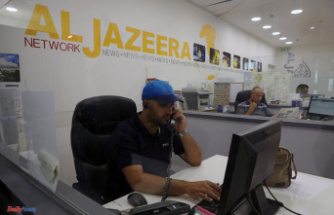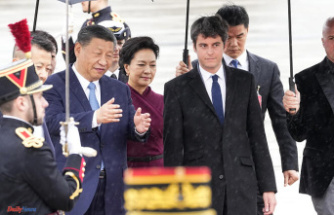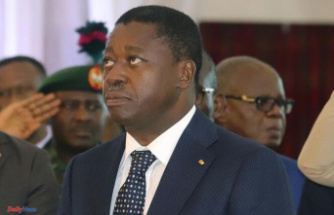Ministries often have hundreds of highly paid experts at their disposal. Nevertheless, reports are gladly delegated to external consultants. This causes trouble in the ranks of the opposition in the state parliament and among financial controllers.
Stuttgart (dpa / lsw) - According to the FDP in the state parliament, the ministries in the south-west award too many reports to external experts - at the expense of taxpayers. "We are therefore demanding a cap of ten million euros a year," said parliamentary group leader Ulrich Rülke of the German Press Agency in Stuttgart. Such a limit would correspond to a halving of previous expenditure. According to the State Ministry, ministries paid 20.2 million euros for outside help in 2019 and 22.3 million euros in 2020.
The number of expertises outsourced in 2017 was 409 - in 2020 it was 542. "The so-called self-services would have to be strengthened and core tasks for internal processing would have to be defined and fulfilled within the houses," demanded Rülke. "If need be, more training opportunities are needed."
The taxpayers' association is also in favor of collecting a cost limit of ten million euros against excessive outsourcing. Green-Black did not react to repeated warnings from the state parliament to be more disciplined about costs. Association leader Eike Möller said: "The appraisal is still rampant, the taxpayers are still being asked to pay."
However, the state government responded to an FDP inquiry last year: "The state government is endeavoring to limit the number and financial volume of external consulting services to what is absolutely necessary." There is also a grid for public procurement, with which the assumption of tasks in other departments can be checked. Neither the finance nor the state ministry wanted to comment on the allegations.
According to the State Ministry, the Ministry of the Interior spent around 5.5 million euros on consulting services in 2020. The science and transport ministries followed with 5.4 million euros and 5.2 million euros respectively. A year earlier, the Ministry of Science was at the top with 7.8 million euros, followed by the Ministry of the Interior with 4.6 million euros and the Ministry of Transport with 3 million euros.
From the point of view of the Baden-Württemberg Court of Auditors, the state government has not done its homework when it comes to saving on expert costs. Admittedly, the consultancy and appraisal system has not been comprehensively examined since 2016; but the development was observed based on the reporting of the state government. "This shows that the concerns of the Court of Auditors - reduce external consulting services, expand internal processing, use existing specialist knowledge across departments - are still relevant," says the Karlsruhe authority.
The civil servants' association also sees room for more internally assigned expertise. "Due to the extremely high level of competence of the officials in the ministries, we could save ourselves a lot of external reports and thus relieve the burden on the taxpayer," says head of state Kai Rosenberger. Before each tender and award, the house managers would have to check whether their own people could do it faster, better and cheaper. Sometimes a lack of staff is given as a reason for outsourcing. In such a case, the officials would have to put day-to-day business on hold.












